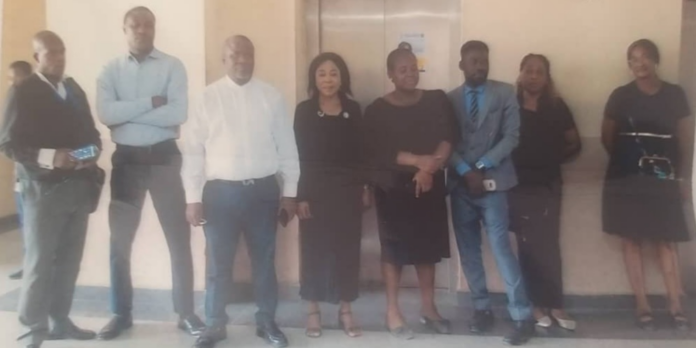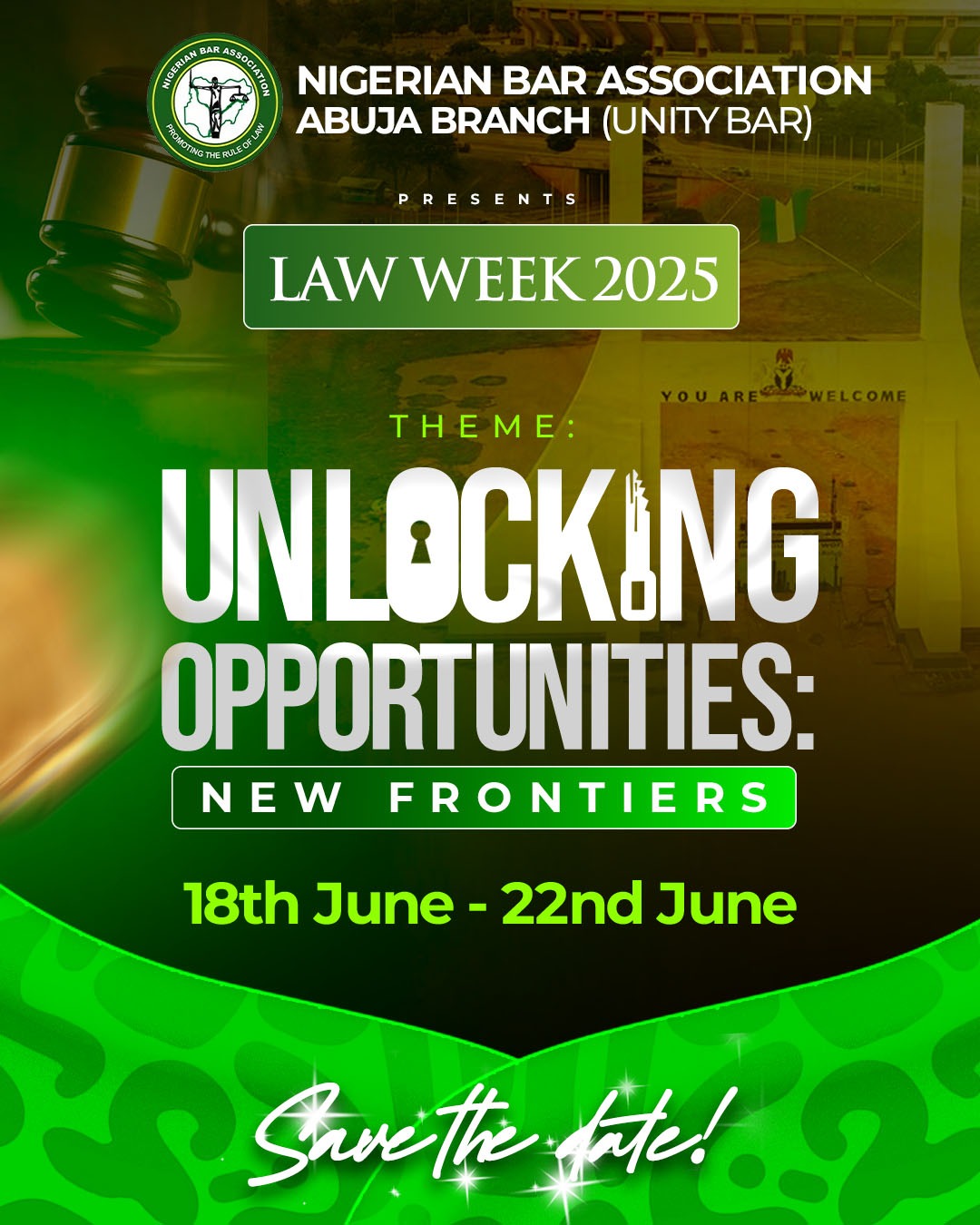By E. Monjok Agom
The legal profession is built on a foundation of trust, integrity, and ethical behaviour. However, there exist some unscrupulous individuals who engage in reprehensible practices that bring the profession into disrepute. One such practice is ambulance chasing, a form of professional misconduct that is condemned by legal practitioners and regulators alike.
THE VIRAL STORY THAT SPARKED CONCERN
Recently, a viral story emerged of some lawyers in Lagos who were arraigned for touting and fighting over clients. This shocking incident highlighted the need to reawaken the ethical consciousness of legal practitioners in Nigeria. The story served as a stark reminder that the legal profession is not immune to unethical behaviour and that urgent action is needed to address this issue.
DEFINING AMBULANCE CHASING
Ambulance chasing refers to the unethical practice of soliciting or pursuing clients, particularly those involved in accidents or other traumatic events, for the purpose of offering legal services. This practice typically involves a range of unprofessional and exploitative tactics, including:
Solicitation: Actively seeking out potential clients, often at the scene of an accident or in hospitals.
- Coercion or manipulation: Using coercive or manipulative tactics to persuade the potential client to retain their services.
- Lack of regard for the client’s best interests: Prioritising the lawyer’s own interests over those of the client.
REGULATORY FRAMEWORK
In Nigeria, the Rules of Professional Conduct for Legal Practitioners (2007) specifically prohibit ambulance chasing. Rule 39 of the Rules provides that a lawyer may engage in advertising or promotion in connection with his practice, provided it is fair and proper in all circumstances and complies with the provisions of the Rules.
However, Rule 39(2) prohibits a awyer from engaging in any advertisement or promotion that:
- Is inaccurate or likely to mislead
- Is likely to diminish public confidence in the legal profession or the administration of justice
- Makes comparison with or criticizes other lawyers or professions
- Includes any statement about the quality of the lawyer’s work or success rate
- Is so frequent or obstructive as to cause annoyance
Furthermore, Rule 39(3) specifically prohibits a lawyer from soliciting professional employment through:
Circulars, handbills, or advertisements
Touts or personal communication or interview
- Newspaper, radio, or television comments
- Procuring his photograph to be published in connection with his practice
- Sound recordings in relation to his practice
EXCEPTIONS
Sub-rule (4) of Rule 39 provides exceptions to the prohibition on solicitation, including:
- Responding to inquiries from prospective clients
- Participating in legal aid programs
- Providing information to the public through public lectures or writings
- Participating in bar association or law society activities
- Responding to requests from other lawyers for referrals
CONCLUSION
Ambulance chasing is a reprehensible form of professional misconduct that undermines the integrity of the legal profession. Lawyers who engage in this practice risk disciplinary action, including suspension or disbarment. It is essential for lawyers to adhere to the highest standards of professional conduct and to prioritise the best interests of their clients at all times. The viral story of the lawyers in Lagos serves as a stark reminder of the need for ethical consciousness in the legal profession.
E. Monjok Agom
25th December, 2024
Background
Eight Lagos Lawyers got into trouble for allegedly quarrelling and scrambling for clients at the Court premises. They were eventually arrested by the Police and later arraigned before the Court for constituting public nuisance.
The lawyers are: Dowu Okuwanne, f,41, Opara Chinwe, f,47, Moses Akpasubi, m,51, Jolly Ogbuefi, m, 49, Adebayo Olowofela, m, 39, Kayode Akintau, m, 45, Celine Nwosu f, 41 and Olawale Olayinka, f, 59.
The Presiding Magistrate, Her Worship, Tanimola, granted them bail on recognisance and ordered them to produce their Call to Bar certificates as proof that they were actually lawyers and called to the Bar.





